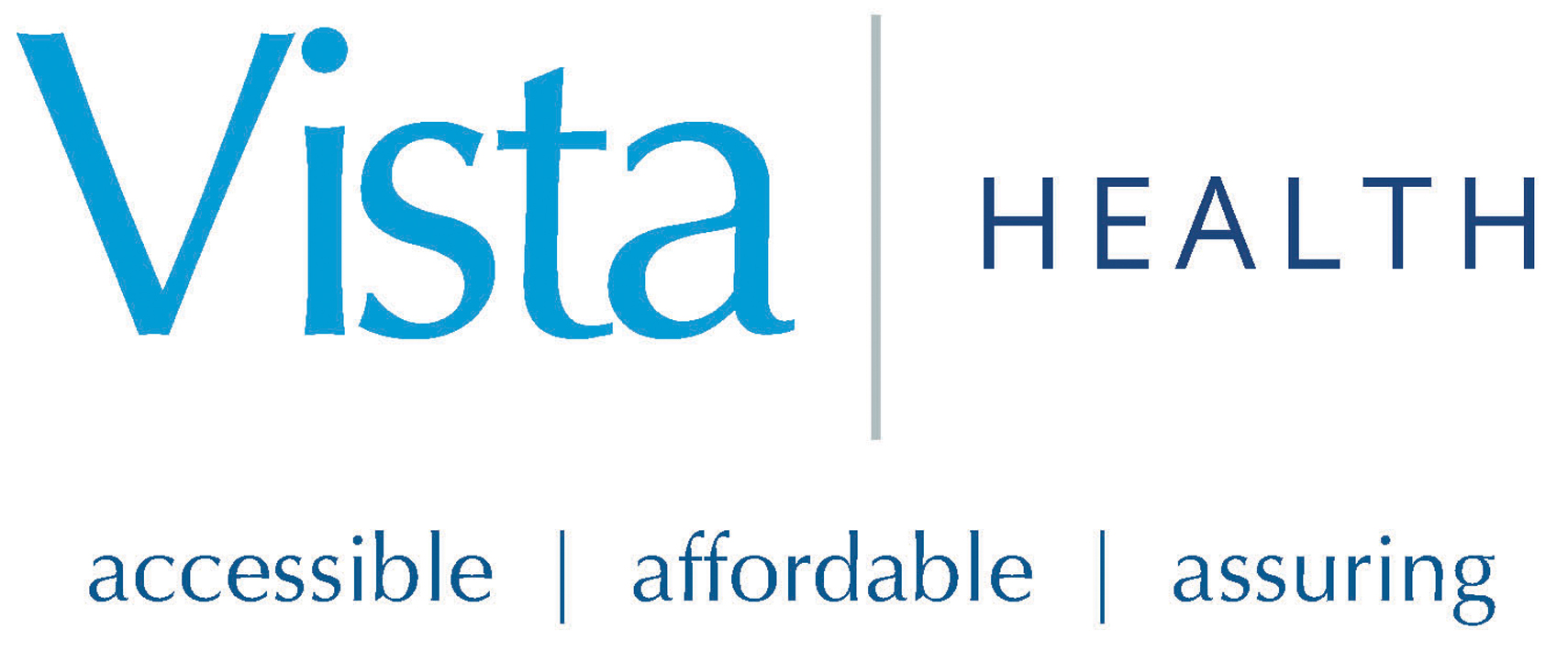Washing our hands before eating anything. Brushing our teeth when they wake up or before they go to bed. Brushing our hair. These are things that we, as adults, have internalised. They’ve become so instinctive to us that we barely notice it when we’re doing them. But for our kids, especially toddlers, these are the things that they often overlook.
Even if they’re still at such a young age, we want them to immediately start being conscious about their hygiene. It’s especially important now because of the COVID-19 pandemic. The next most important thing after practicing social distancing and wearing masks is always sanitising our hands.
But how can we help our children be more conscious about their hygiene? Easy: by making it fun for them. Here’s how.
Maintain Routine Together
The first thing that we can work is making sure that they internalize the routine of proper hygiene. When they wake up in the morning, let’s encourage them to brush their teeth first before they run to the kitchen. Before they sit down at the table, let’s tell them that they should always wash their hands.
This may be hard, though. But what we can do is to do the routine with them. We can stand side by side at the bathroom sink and brush our teeth together. This way, we can also bond with them even if it’s just a few short moments in the morning. And, since we’re doing it with them, we can make it fun.
According to the Centres for Disease Control and Prevention, we should always wash our hands for at least 20 seconds. With that amount of time, we can sing songs with our children as we wash our hands together. People often sing “Happy Birthday” when they wash. But there’s no reason why we can’t choose our own songs or make up new ones with our children. Even nursery rhymes could work.
Practice Positive Reinforcement
Positive reinforcement is one of the most popular approaches to parenting for young children. It’s not the same with the older ones, yes. It’s because they should be able to understand the importance of their own responsibilities without asking for rewards.
For toddlers, positive reinforcement can be a strong way to promote proper hygiene. They might be able to internalize their morning and night-time routine of taking baths and brushing their teeth. But doing the more difficult tasks would be harder to internalise. They might even dread it.
A prime example is cleaning their ears. As parents, we know that it’s dangerous for children to play with cotton swabs. In the United States, according to the Seattle Children’s Hospital, there are over 10,000 cases of ear injuries caused by cotton swabs each year. But if we don’t help them maintain their ears, they might end up needing an ear wax removal through microsuction.
What we can do is offer rewards for them if they go through such tasks for their hygiene. It doesn’t have to be big. It can be extra fifteen minutes of TV time or video game time. It could be reading them an extra book before bed.
Promotions of Proper Hygiene from their Favorite Characters
Yes, as talked about earlier, maintaining proper hygiene with our children helps them have fun with it. But their favorite characters can also help with that. TV shows such as Sesame Street has been promoting proper hygiene for years. Beloved members of the gang, such as Elmo and Big Bird, have shown generations of kids how to properly wash their faces and whatnot.
But in 2015, the show launched a new character specifically for the promotion of proper hygiene. Raya, along with Elmo, is teaching kids about washing their hands and other forms of hygiene. She also teaches children about the importance of having clean water in our communities. She was created in partnership with World Vision and with the support of the Bill & Melinda Gates Foundation.
For kids, when they see their idols such as Raya doing responsible things for their hygiene, they, too, would be encouraged to do the same.
Among the things that we can teach our kids, proper hygiene is one of the most important. Yes, they can learn that in school. But at home, we, too, have the responsibility to make sure that they are taking care of themselves well. Something as simple as washing their hands can go a long way, especially now with the pandemic still ongoing.
